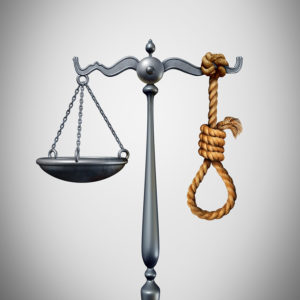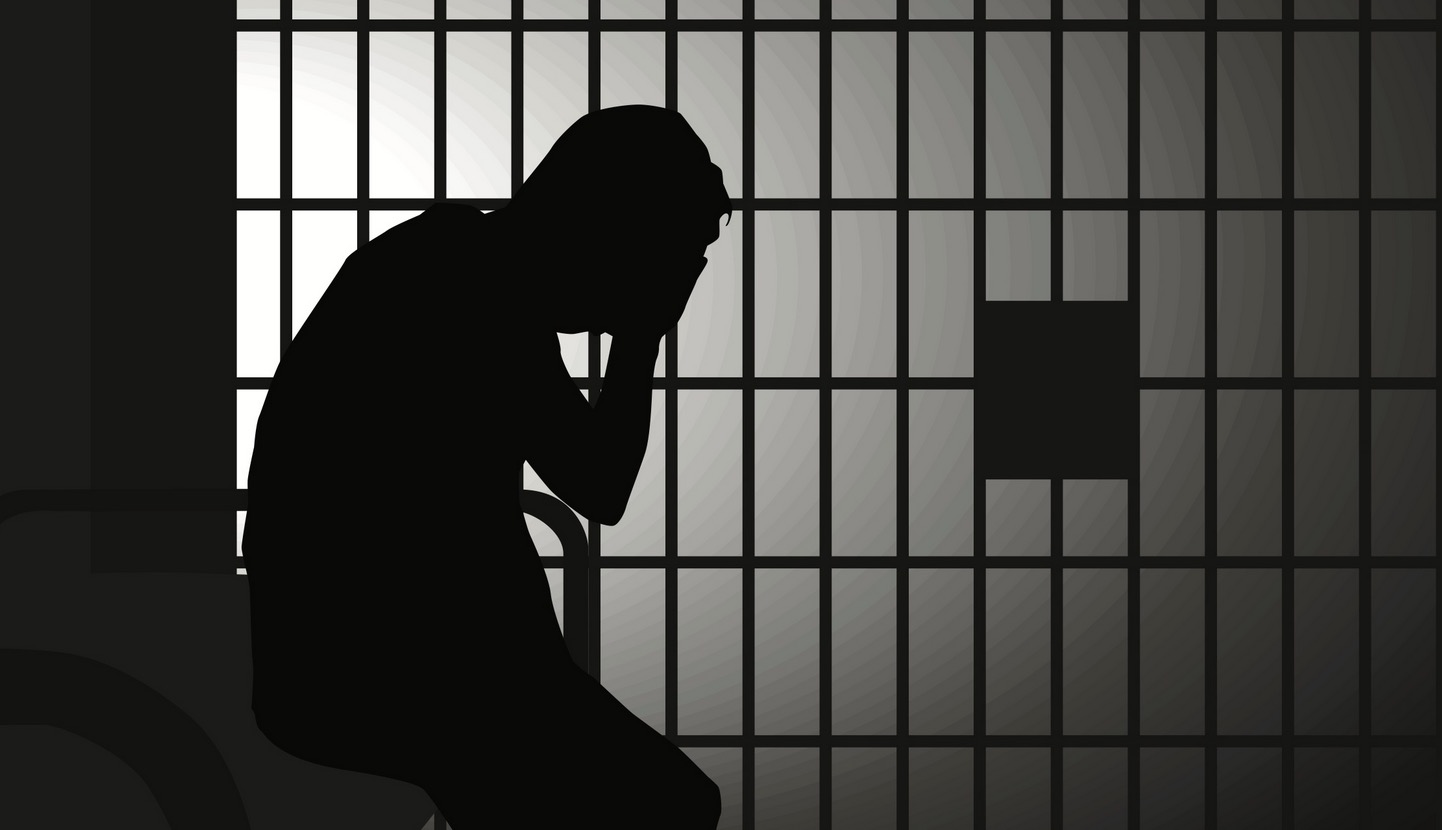In a shocking turn of events, Seohyun Station was the site of a random stabbing, while Shinrim-dong was rocked by a traumatic story of sexual assault and murder, marking a distressing surge in indiscriminate crimes targeting innocent citizens. Simultaneously, death threats posted on various online communities stirred growing fears in society. As a result, public interest is mounting in the restoration of the death penalty. The death penalty is the highest form of punishment in the criminal justice system. However, South Korea has not executed anyone since December 30, 1997, when 23 condemned criminals were executed. Amnesty International classifies Korea as a country that has practically abolished the practice. According to data from Amnesty International, in 2016, 142 countries abolished the death penalty, and 59 countries were actively executing death row inmates. Among the 142 abolitionist countries, 32 still had the death penalty on the law books but had not enforced the punishment for over a decade, classifying them as de facto abolitionist nations. South Korea is one of those nations. However, these days, there is a sharp disagreement between the two sides. The Dankook Herald conducted a debate, featuring Bae Seo-yeon and Park Sang-woo as representatives of the proponents and opponents, respectively, to gain a comprehensive understanding of diverse perspectives on this topic and explore the key issues to consider.
 |
Moderator: The death penalty system involves critical issues. Regarding these issues, let's spend some time discussing and debating the existence of the death penalty, hearing both arguments for and against it. First, please share your respective opinion on the effectiveness of the death penalty in preventing crimes.
Bae: An example of the crime prevention effect exists in the statistics. Between 1994 and 1997, an average of 607 individuals were prosecuted for murder annually. However, in the decade following the suspension of executions in 1998, the average number of murder prosecutions rose to 800 per year, a 32% increase. This indicates that heinous crimes are deterred by the psychological pressure of risking their own life with the resumption of the death penalty.
Park: The efficacy of the death penalty as a deterrent to crime is a topic that is difficult to prove scientifically. Given the considerable number of convicted murderers during the period when the death penalty was in place, as indicated by the statistics, there is no clear proof that the existence of the death penalty effectively deters crime. Instead, it is more effective to establish a system of absolute life imprisonment as an alternative to the death penalty. Isolating individuals who have committed heinous crimes (or repeat offenders to society) will prevent further crime.
Moderator: Thank you for sharing your opinions. Next, let's discuss whether we must preserve a criminal’s right to life.
Park: Indeed, the right to life is a fundamental right that underpins human dignity and worth, as highlighted in Article 10 of the Constitution prohibiting any infringement upon it. It is contradictory for a state, which must protect fundamental rights to engage in the institutionalized act of taking a life via the death penalty. The value of life is immeasurable, and any action that infringes upon it should not be permitted. Furthermore, falsely accused convictions raise significant ethical and legal concerns. Determining responsibility in such cases can be complex, and the implications of irreversible actions like the death penalty become particularly troubling when there is a potential for injustices. Compensation for those wrongfully convicted and deprived of their lives is a challenging issue to address.
Bae: As for misjudgment, we can think of reducing it by making fair and accurate judgments with the approval of more than two-thirds of the Supreme Court justices or all of them. Furthermore, due to recent advances in science, the misinterpretation of evidence has been reduced, which means there would be no errors in judgment anymore. The Constitution is a law for the people because it is the highest moral norm established by national consensus in the first place. These days, however, public opinion has given more support to maintaining and enforcing the death penalty. According to the 2015 National Legal Awareness survey, only 34.2% of respondents agreed with abolishing the death penalty, while 65.2% wanted to maintain capital punishment. In a 2018 National Human Rights Commission survey of the public and experts, 19.9% of the respondents said the death penalty should be kept and strengthened, and 59.9% said the death penalty should be maintained but carefully enforced. Sadly, the human rights of the victims are being brutally ignored in favor of the human rights of the perpetrators. What is worse, the bereaved families of the victims are traumatized, and their lives are devastated. The death penalty is also necessary to fulfill justice for society.
 |
Moderator: Lastly, please share your thoughts on the agreement of retribution.
Bae: As the essence of punishment lies in the retribution of criminals, criminals committing intolerable crimes should be punished accordingly. In addition, it is wrong to unilaterally understand only the human rights of those who violate the dignity and values of others while we do not guarantee the legal interests of the victims and their bereaved families.
Park: I agree that the legal interests of the bereaved families are not guaranteed. But the perpetrator also needs the care of society as a human being. Currently, the Republic of Korea has supported retribution for punishment, but it follows punitive correction. Therefore, penal servitude means isolating criminals to protect society and educating them in prison during that period. On the other hand, the death penalty is nothing more than a primitive, meaningless punishment that cannot achieve this purpose.
The death penalty is the ultimate punishment which takes away the right to life, an essence of human dignity and value. Judges determine the penalty of death based on the situation in light of the degree of responsibility for crimes and the purpose of the punishment. This debate shows us that proponents and opponents of abolishing the death penalty have substantial arguments to support each position. There is also the possibility of improving the limitations of the death penalty system, which has faced criticism, either through the introduction of a permanent life imprisonment sentence or through reforms within the existing death penalty system. Throughout the discussion, objections and counterarguments evolved from both sides. Nevertheless, determining the correct answer remains a challenging topic.
김영준, 박상우, 배서연 dankookherald@gmail.com

![[Campus Magnifier] Let's Surf the Library!](/news/photo/202404/12496_1765_4143.jpg) [Campus Magnifier] Let's Surf the Library!
[Campus Magnifier] Let's Surf the Library!
![[Campus Magnifier] Let's Surf the Library!](/news/thumbnail/202404/12496_1765_4143_v150.jpg)





